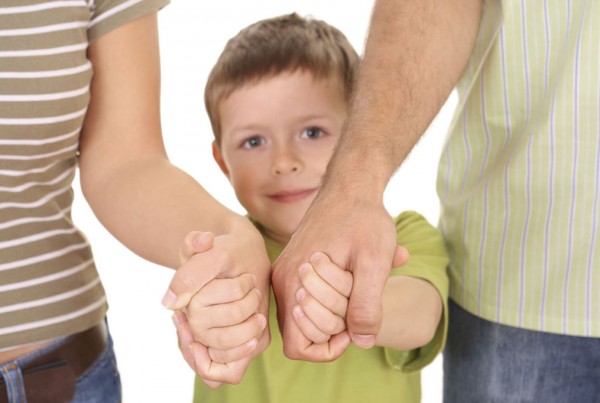
Not all, but many of us dream of being mothers from a very early age. Of course we don’t know what that really means until we are mothers. When other mothers told me labor hurts I listened but I couldn’t have known what it really meant until I experienced it. My point is that being a parent has been full of learning opportunities both good and bad. It’s just one of those things that no amount of planning can fully prepare us for.
I remember falling totally in love with my daughter, feeling an overwhelming fear of losing her, and the devastating effect it would have on my life. Fortunately, she is still a big part of my life but it’s been an interesting and sometimes challenging twenty-seven years.
“Letting go” are the words I’d choose if I were asked to sum up parenting in two words. It has been a life lesson in learning to let go and let my children live their lives Check This Out. It started early when I knew I could broaden their experience by allowing others to share in the joy they inherently bring with them. Letting them have sleepovers, or their own opinions, letting them make their beds and leaving wrinkles, all of these things and thousands of things like these gave me the opportunity to either choose to let go and let them grow, or to hold to my own ideals and work to create little people who think and behave just like me.
Being a parent has truly been my greatest joy. It encompasses the best of times and the worst of times. I have felt frustrated, angry, proud, sad, happy, and every other emotion one could think of. Parenting is a tough job. The rewards are not always evident and do not necessarily show up when we need them too. It’s a job we take on for life and at 53 I get what that means, at 25 I didn’t.
I appreciate that I learned (as we all do) about how to behave and to think from my parents and the people they had in their lives. As we grow we learn from other people we meet (e.g., teachers, our friends, their families, people who are in the circles we travel in). We tend to initially take on our parents’ values and beliefs. As we get older (mid-teens) we start to challenge what we’ve learned and attempt to adapt a broader community, then worldview, looking for a place to fit. Across the remainder of our life span we try to grow and understand what our own values and beliefs are and to translate those into appropriate behaviors.
We have all heard of boundaries. We appreciate it when people respect our personal boundaries. Respect for our boundaries affirms us. It is peaceful rather than confrontational. As adults we can appreciate that we do not all think alike or value the same things. Yet, respecting someone else when their values or beliefs conflict with our own can challenge us.
What if that someone else is your child? Do we minimize their perspective and enforce our own? I realized that some things are negotiable and some things are not. I also realized that in any relationship I could work to contaminate it or to contribute to its growth. Our children need to feel safe to explore their own ways of thinking and being. It is within their home environment that safe place can be created.
I’ve learned that the greatest gift I can give my children is acceptance and that my job is to love them. I do not need to agree with them to love them. I also do not need to agree with them to support or to be their ‘biggest fan’. I’ve also learned that our children need to know we too are human, that we do not know everything and we too make mistakes. It can be very difficult to stand by and watch our children suffer their own consequences but it’s a necessary part of learning about life. I think it’s our job as parents to guide our children, work to prevent actions that have dire consequences and to communicate to our children with enough information that they gain understanding and feel safe.
The above are suggestions and guidelines only. Please consult a health care professional regarding specific situations.



